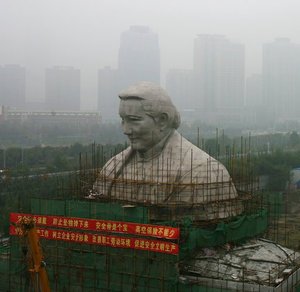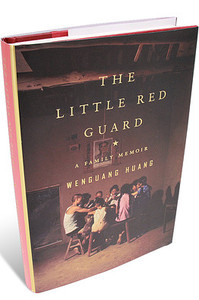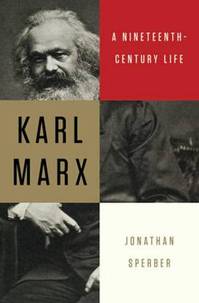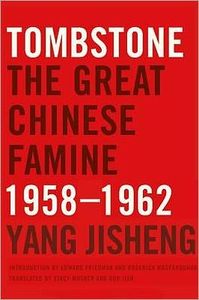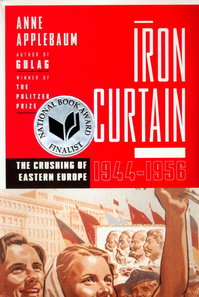 “A puffer fish statue in Yangzhong has raised ire in view of a government pledge to end spending on vanity projects.” Source of caption and photo: online version of the NYT article quoted and cited below.
“A puffer fish statue in Yangzhong has raised ire in view of a government pledge to end spending on vanity projects.” Source of caption and photo: online version of the NYT article quoted and cited below.
(p. 6) HONG KONG — Chinese Communist Party leaders’ vows of a new era of humble austerity in government may have met their most exotic adversary yet: an $11 million, 2,300-ton, 295-foot-long puffer fish.
The brass-clad statue, which shimmers golden in the sunlight and switches into a garish light show at night, was built by the city of Yangzhong, in Jiangsu Province in eastern China, . . .
. . .
Chinese news outlets said the brass and steel for the fish cost about $1.7 million, raising questions about where the rest of the money went. Construction of the fish tower began on a previously isolated and undeveloped river island in March, four months after Mr. Xi was appointed party leader.
. . .
. . . China is speckled with outlandish works of official art that vie with even a giant, glow-in-the-dark puffer fish for attention and outrage.
Critics berated a county in Guizhou Province for building “the world’s biggest teapot,” a 243-foot-high teapot-shaped tower, complete with spout, that was part of a $13 million project.
In Henan Province, in central China, a government-backed charity has been accused of corruption in spending about $19.6 million on a vast, unsightly sculpture of Song Qingling, the widow of Sun Yat-sen, a revered founder of modern China. Zhengzhou, the capital of Henan Province, is also home to a sculpture of two pigs in a frolicking embrace. From certain angles, the pigs might appear to be mating.
For the full story, see:
CHRIS BUCKLEY. “As China Vows Austerity, Giant Brass Fish Devours $11 Million.” The New York Times, First Section (Sun., October 13, 2013): 6.
(Note: ellipses added.)
(Note: the online version of the review has the date October 12, 2013.)
“A sculpture of Song Qingling, the widow of Sun Yat-sen, a founder of modern China.” Source of caption and photo: online version of the NYT article quoted and cited above.


